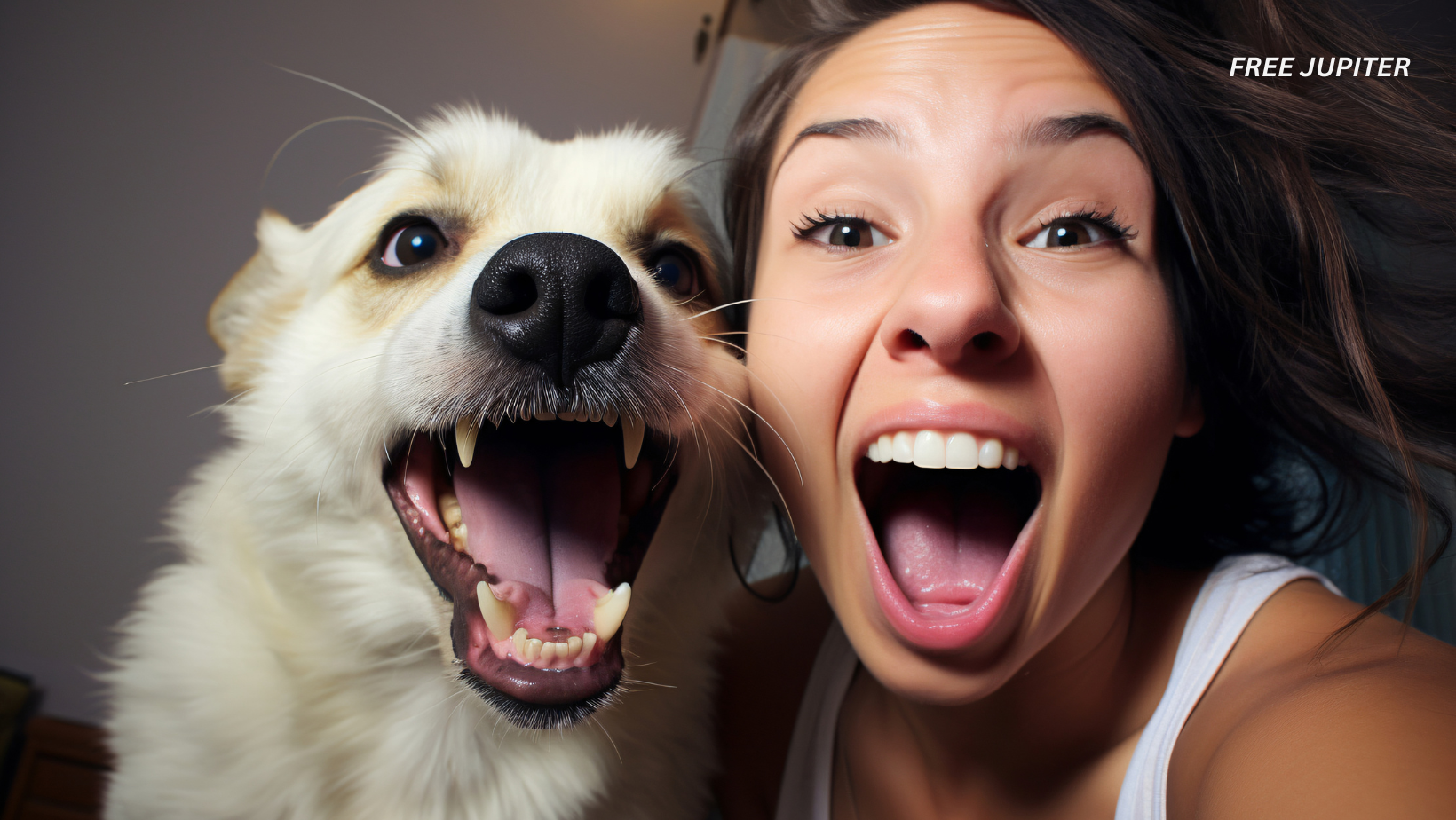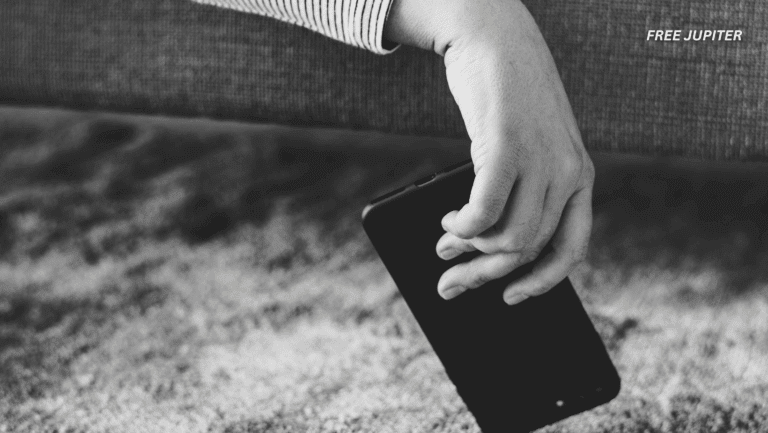Friendly Note: FreeJupiter.com shares general info for curious minds 🌟 Please fact-check all claims—and always check health matters with a professional 💙
Dogs have a reputation for being the ultimate affectionate companions. Whether they’re curling up next to you on the couch or wagging their tails when you come home, their love seems constant and sincere. But there’s one behavior that most dog owners don’t question much: licking. That sloppy, wet kiss your dog greets you with might feel like pure love, but there’s more going on than meets the eye or the tongue. While it’s easy to assume that licking equals affection, science and behavior experts suggest it’s actually a more complex communication tool.
Dogs don’t have words to tell you how they feel. Instead, they use body language, vocal cues, and licking to express themselves. From early puppyhood, licking is an instinct rooted in survival and social bonding. But as they grow older, it evolves into something more nuanced. Your dog might be licking you for attention, to calm themselves, or to signal submission, not just because they love you. Understanding this often-overlooked behavior can help you build a better relationship with your furry friend, reduce confusion, and spot signs of stress or underlying issues you may not have noticed. Let’s break down what your dog is trying to tell you with each lick.

Licking Is a Form of Communication
When your dog licks you, they might be trying to start a conversation. Dogs communicate largely through body language and behaviors. A lick can mean many things depending on the context. If they lick your face, it could be a greeting, a way to show deference, or a method to capture your attention. It’s similar to a child tugging on your sleeve, they want something.
This behavior is deeply rooted in canine instincts. In the wild, puppies lick their mother’s face to stimulate her to regurgitate food. Over time, that evolved into a general social tool. In domestic settings, licking becomes a universal language for everything from excitement to nervousness.
They Might Be Asking for Something
Think of licking as your dog’s way of gently knocking on the door of your attention. Many dogs learn quickly that licking results in a reaction, whether it’s a laugh, a pat, or even being told to stop. That feedback loop teaches them to use licking as a request.
They might be hungry, need to go outside, or simply want to be close to you. Dogs are great at learning what gets your focus. If licking has worked in the past to get what they want, they’re going to keep doing it.
It Could Be Stress or Anxiety
Not all licking is cheerful. If your dog is licking excessively, especially objects or themselves, it may be a sign of stress. Licking releases endorphins that soothe the dog, making it a self-soothing mechanism much like nail-biting in humans.
If your dog is licking you more during thunderstorms, after visitors leave, or during loud noises, it may mean they’re trying to calm themselves. Pay attention to the context. Repeated, intense licking that seems compulsive might point to anxiety, not affection.
Licking Shows Submission
In the canine world, licking can be a sign of submission. Submissive dogs will often lick the muzzle or face of more dominant pack members. When your dog licks your hands or face, they may be acknowledging you as the leader.
This doesn’t mean they’re afraid; it’s often a respectful gesture. If they accompany the lick with ears back, a lowered head, or a tucked tail, it could be a signal that they’re yielding to you. Understanding this dynamic can help you interpret their emotional state more clearly.
They’re Exploring with Their Tongue
Dogs experience the world differently from humans. While our primary sense is sight, dogs rely heavily on smell and taste. Licking is one way they gather information. Your skin can carry traces of everything from the sandwich you ate earlier to the lotion you just applied.
Dogs might be licking you because they’re curious. They’re tasting your environment, figuring out what’s changed, or even checking in on your mood. Some dogs can smell chemical changes in the body when humans are anxious or sick.

Grooming and Bonding Behavior
Licking is also part of a dog’s grooming routine. In packs, dogs groom each other to strengthen social bonds. If your dog is licking you gently and slowly, they might be trying to groom you as a member of their pack.
This mutual care behavior builds trust. It’s one of the more affectionate reasons behind licking and tends to happen during relaxed moments. A dog curled up next to you, calmly licking your hand, is probably bonding with you, not demanding a treat.
Learned and Rewarded Behavior
Dogs are quick learners, and they thrive on reinforcement. If every time your dog licks you, you smile, talk sweetly, or pet them, they quickly associate licking with good things. This turns the act into a habit, even when it’s not rooted in instinct.
Some owners unknowingly reinforce licking by laughing or giving treats afterward. If you want to reduce licking, ignore the behavior and only reward calm, non-licking moments with affection.
Sometimes, It’s a Medical Issue
While licking is usually harmless, excessive licking can be a symptom of a medical condition. Allergies, nausea, or gastrointestinal discomfort might lead a dog to lick surfaces or their owner more often.
If the licking becomes obsessive, is paired with whining, or disrupts their normal behavior, it’s worth talking to a vet. Dogs can’t tell you they’re sick, but changes in behavior like constant licking can be an early clue.
Licking Is More Than Puppy Love
When your dog licks you, it might seem like a simple display of love, but it’s far more layered than that. From communication and curiosity to submission and stress, licking is a rich form of expression. Dogs use it to interact with the world and the humans they trust most.
The next time your dog gives you a slobbery kiss, consider the moment. Are they excited, anxious, or just trying to get your attention? Understanding the full range of reasons behind licking allows you to respond more mindfully and build a stronger bond with your pet. Not every lick is a love note, but each one tells a story, if you’re paying close enough attention to read it.










